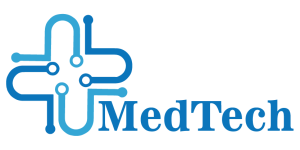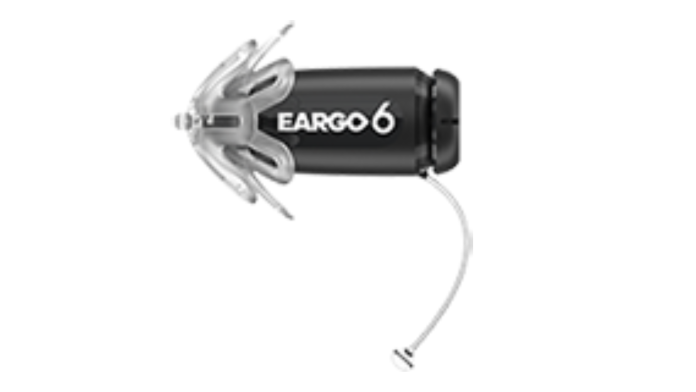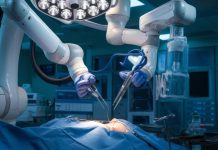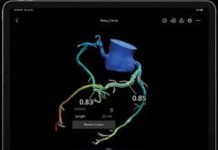Eargo and Hearx, two major players in the over-the-counter hearing aid industry, have officially merged to create a formidable new company in the market. The merger is backed by a significant $100 million investment, positioning the combined entity to become a leader in the booming OTC hearing aid space. This move comes after the FDA’s groundbreaking decision in 2022 to allow hearing aids to be sold without a prescription, opening the door for new market entrants.
The Rise of OTC Hearing Aids and New Market Players
The OTC hearing aid market has experienced rapid growth since the FDA’s 2022 ruling, which created a more accessible path for consumers to purchase hearing aids without needing a doctor’s prescription. This shift has attracted a wide range of companies looking to capitalize on the expanding demand for hearing solutions.
Notable brands such as Sony, HP, and Apple have joined the market. Sony launched its own hearing aid device, and Apple introduced technology-focused solutions aimed at addressing hearing loss.
Both Eargo and Hearx have been active players in this space. Hearx is known for its Lexie hearing aids, which offer users the ability to take an in-app hearing test to customize their devices based on personal requirements. Lexie is powered by Bose, providing superior sound quality.
Eargo has also expanded its offerings with products like the Eargo SE, a canal-fitting device, and Link by Eargo, an earbud-style OTC hearing aid featuring Bluetooth 5.3 connectivity.
Eargo’s Struggles and Strategic Shift
Despite the growing competition, Eargo has faced challenges in recent years. The company, which went private in October 2023 after a series of setbacks, including an ongoing investigation by the Department of Justice, saw its gross systems shipped fall from 45,136 units in 2021 to just 24,247 in 2022.
However, Eargo showed signs of recovery in 2023, shipping 18,613 devices in the first nine months of the year, compared to 15,384 units during the same period in 2022. Despite this positive momentum, Eargo still reported a net loss of $64.4 million for the year.
As a private company, Eargo has doubled down on expanding its OTC hearing aid lineup with innovative products like the Eargo SE and Link by Eargo, aimed at enhancing consumer choice and improving user experience in the hearing aid market.
Hearx’s Leadership and Lexie’s Market Success
Meanwhile, Hearx has continued to make strides with its Lexie brand of hearing aids. According to a report from Circana, Lexie was the number one hearing aid brand in the U.S. from August 2023 to July 2024.
Lexie’s success is in part due to its partnership with Bose. This collaboration allows the brand to offer hearing aids that incorporate Bose technology for a high-quality sound experience.
Additionally, the company has leveraged technology for personalized hearing tests within its mobile app. This feature has given Lexie an edge in the competitive hearing aid market.
New Leadership and Future Plans
Following the merger, Hearx CEO and co-founder Nic Klopper will take the helm as the CEO of the newly combined company, while Eargo’s interim CEO Bill Brownie will assume the role of Chief Operating Officer (COO). Other key executives from both companies, including Seline Van der Wat and Brian Maguire of Hearx, and Tim Trine of Eargo, will also join the company’s C-suite.
The merger positions the new company to better compete in the growing OTC hearing aid market by offering an expanded product portfolio, leveraging technology for personalized hearing solutions, and capitalizing on the growing demand for accessible hearing aids.
The Future of OTC Hearing Aids
With the combined resources of Eargo and Hearx, the new company is well-poised to lead the OTC hearing aid market in the coming years. The strategic merger, bolstered by the $100 million investment, will allow for continued innovation and expansion.
As the market grows, consumers can expect more options for hearing solutions that are not only affordable but also tailored to their specific needs, thanks to advancements in mobile technology and personalized hearing tests.
The future looks bright for the merged company, which will continue to focus on providing high-quality, accessible hearing aids to a broader audience, reshaping the hearing aid market in the process.
I hope you find the above content helpful. For more such informative content, please visit Medtechreporter.











